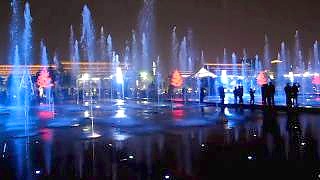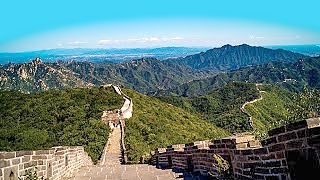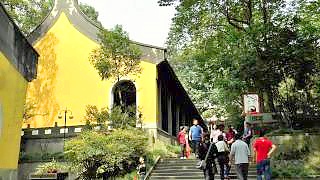With The New Atlas ...
[640],shadow=true,start=,stop=Anti-China proxy war also in Pakistan ...
Live more ...
 US proxy war in Myanmar threatens China and the rest of Asia
US proxy war in Myanmar threatens China and the rest of AsiaWith The New Atlas ...
[640],shadow=true,start=,stop=Anti-China proxy war also in Pakistan ...

|
With Walk East ...
|

|
The REAL geopolitics one must understand.
With Michael Hudson ...
|

|
ShaanXi province
Filmed by stellaxhyu
|

|
With Reporterfy Media & Travel ...
|

|
An hour or so north of Beijing.
|

|
Plus a charity run for deaf children ...
|

|
Making baozi (steamed buns) with freshly ground wheat flour.
Real, down to earth life; beautiful. Don't miss it ...
|